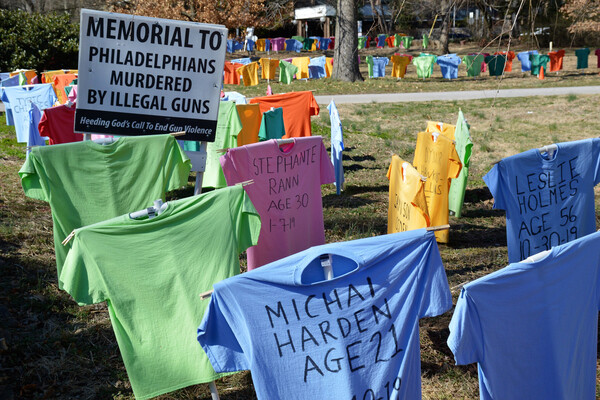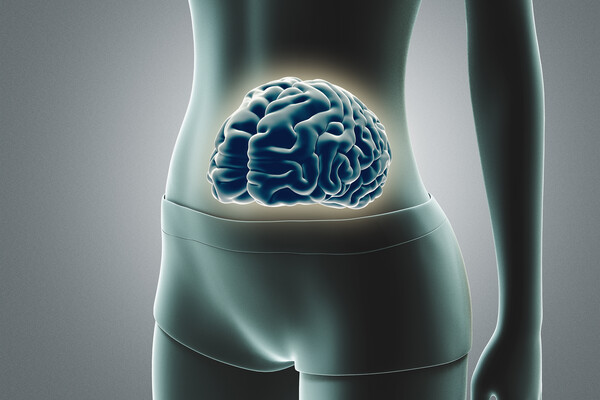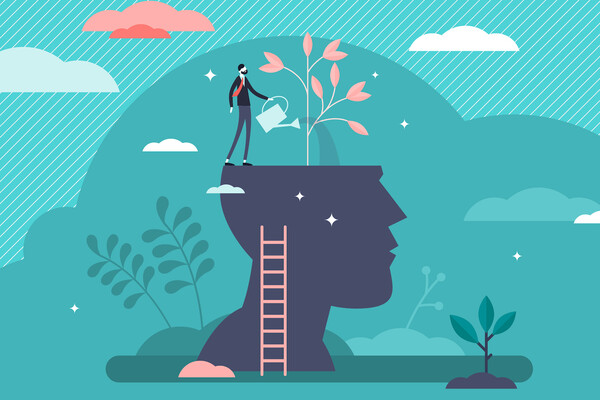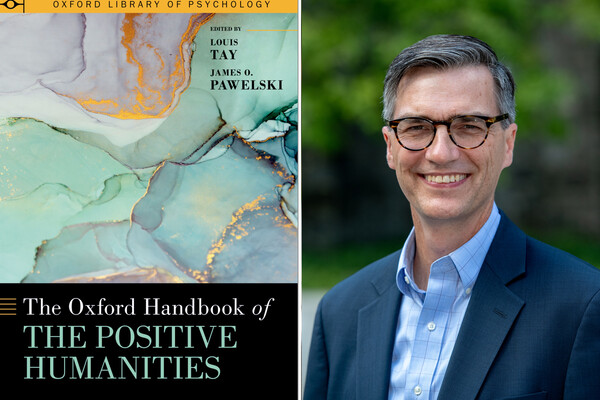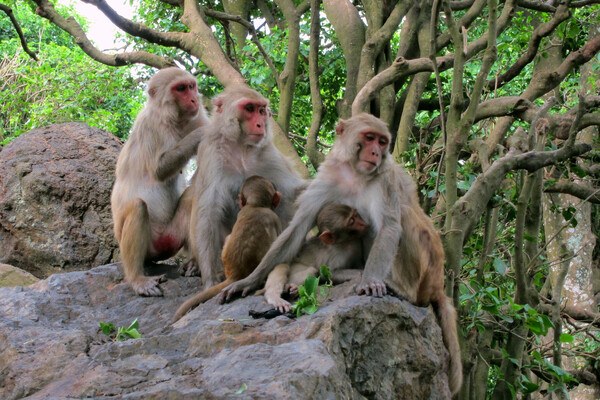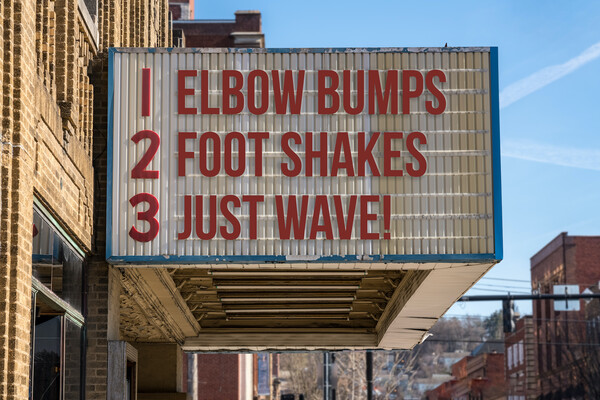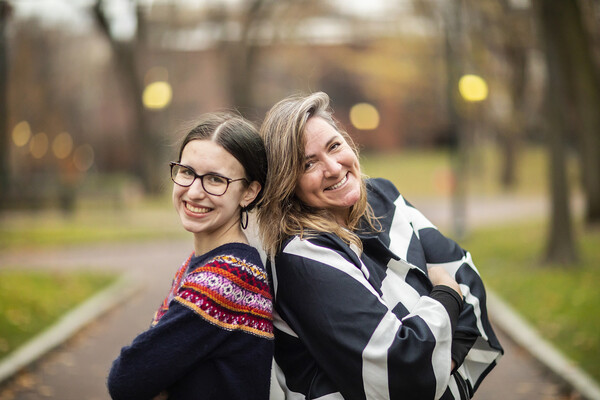4/16
Psychology
In the pursuit of scientific truth, working with adversaries can pay off
The Adversarial Collaboration Project, run by Cory Clark and Philip Tetlock, helps scientists with competing perspectives design joint research that tests both arguments.
Managing mental health amid gun violence
In 2021, Philadelphia saw a record number of 486 homicides by shooting as well 1,846 non-fatal shootings. According to clinical psychologist Leah Blain, exposure to trauma, including to gun violence, increases the risk of negative health outcomes.
Helping the brain to heal the gut
In the second edition of her book on irritable bowel syndrome, Penn psychologist Melissa Hunt explores advances made in the past decade. Her aim is to offer accessible, effective, self-help psychological treatment for those who suffer from the disorder.
Incarceration associated with negative mental health risks for Black men
A review of literature from the past decade found that for this group in the U.S. such a detention was linked to higher levels of psychological distress, more severe symptoms of PTSD and depression, and more.
Both nature and nurture contribute to signatures of socioeconomic status in the brain
In the first study of its kind, Penn researchers and an international team of collaborators found that genetics and environmental factors contribute to how socioeconomic status shapes the architecture of the brain.
The past, present, and future of the Positive Humanities
A new Oxford Handbook from Penn’s James Pawelski and Louis Tay of Purdue explores this emerging field, which brings together positive psychology, philosophy, the humanities, and the arts.
Social connections influence brain structure of rhesus macaques
Researchers from Penn, Inserm, and elsewhere observed that the number of grooming partners an individual animal had predicted the size of brain areas associated with social decision-making and empathy.
Perceptions shaped social behavior during the pandemic
Research from Penn psychologists found that Americans who most feared losing their connections continued interacting with others, paradoxically acting in ways that risked prolonging disease-mitigating social restrictions.
Why are alcohol- and drug-related deaths rising in the U.S. and not elsewhere?
With insights from anthropology and neuroscience, Penn researchers Michael Platt and Peter Sterling find that, in comparison, 16 other wealthy nations offer communal assistance at every life stage, support that protects individuals and families long term.
Mentor support for the first-generation college experience
Three decades apart, senior Rachel Swym and alumna Leanne Huebner found a common bond in their rural backgrounds and first-generation, highly aided college experience.
In the News
Expect to see AI ‘weaponized to deceive voters’ in this year’s presidential election
Cristina Bicchieri of the School of Arts & Sciences says that AI-generated misinformation exacerbates already-entrenched political polarization throughout America.
FULL STORY →
Can money buy you happiness? Yes, it can. However…
Research by Matthew Killingsworth of the Wharton School reveals there is no monetary threshold at which money's capacity to improve well-being diminishes.
FULL STORY →
Philadelphia hospital program adds psychologists to bridge mental health services for trauma survivors
A new psychology team at the Penn Trauma Violence Recovery Program has provided about 46 survivors with short- and long- term therapy, featuring remarks from Elinore Kaufman and Lily Brown of the Perelman School of Medicine.
FULL STORY →
Early humans had ADHD, scientists say after making people play game online
A collaborative study by researchers from Penn suggests that the impulsive component of ADHD may provide a competitive advantage to learn from rivals and “catch” new methods of achievement.
FULL STORY →
Why hasn’t the new me shown up yet?
In his book “What You Can Change and What You Can’t,” Martin Seligman of the School of Arts & Sciences says that some personal qualities and habits can’t be changed without extreme difficulty.
FULL STORY →
The real reason you’re obsessed with spicy food
Paul Rozin of the School of Arts & Sciences agrees that it’s actually the pain that keeps us coming back for more spice.
FULL STORY →





